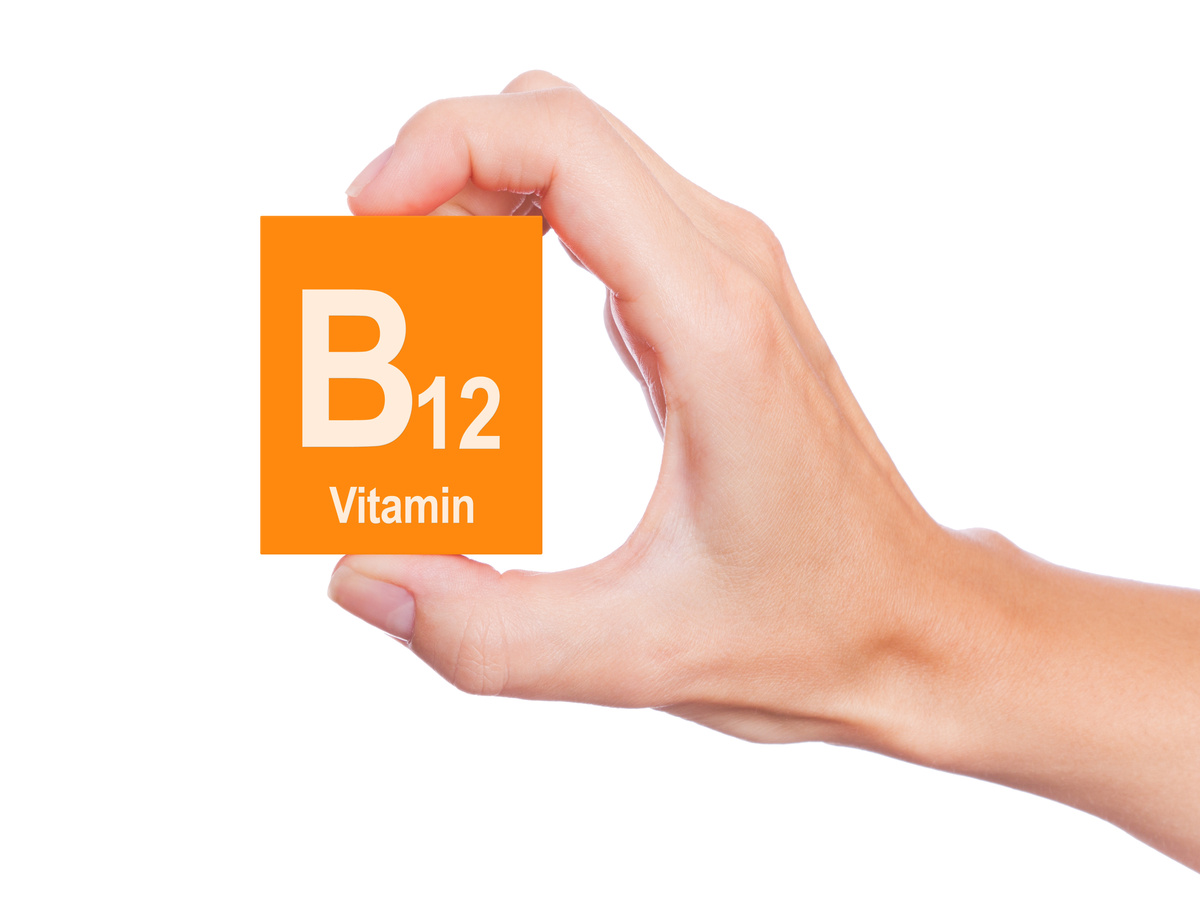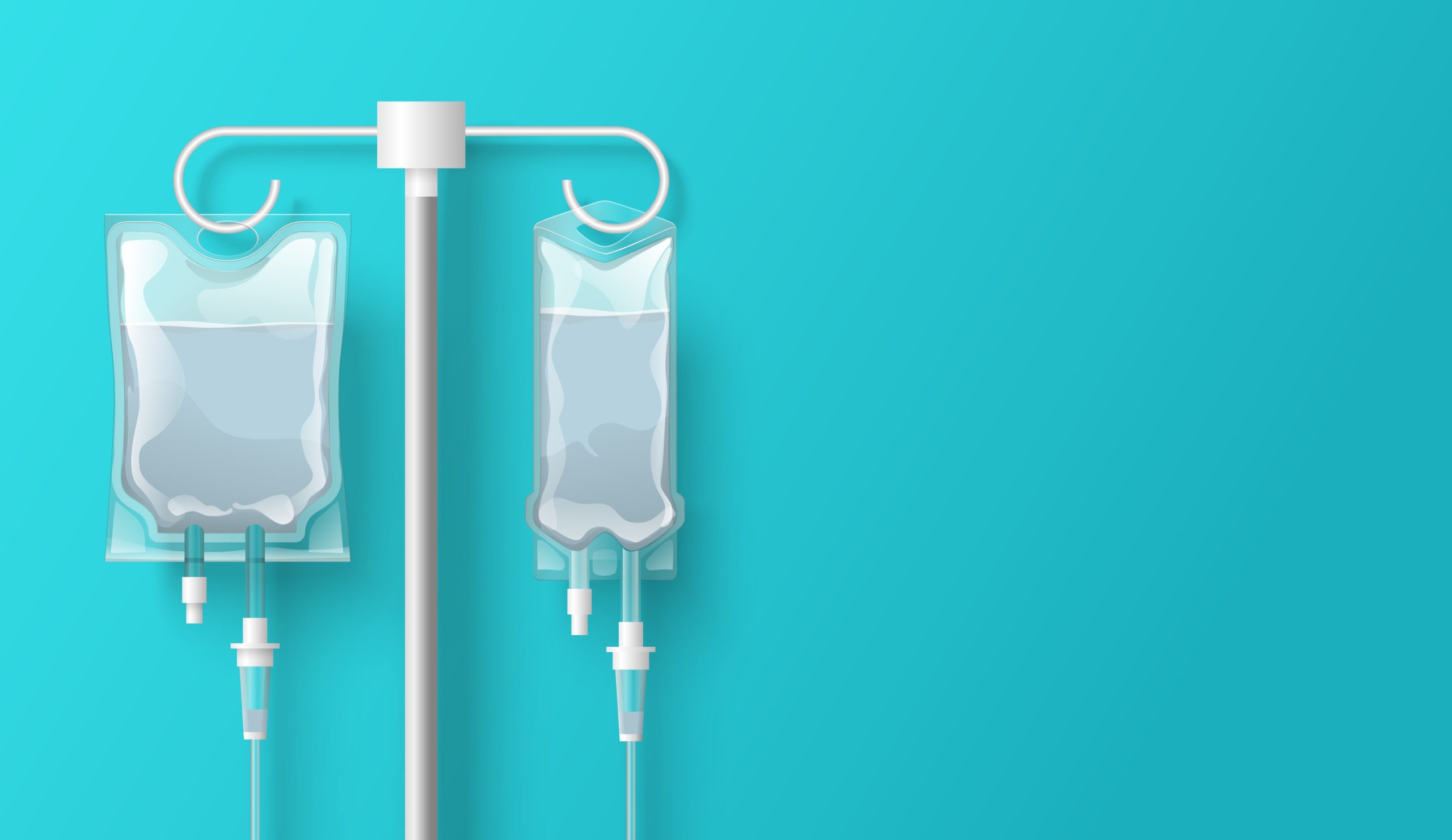It’s hard to go through a day without proper rest or sleep; what more if the body lacks vitamins like B12, essential for red blood cell production? This blog will tackle how vital Vitamin B12 is.
Vitamin B-12 Shots
Vitamin B12 shots, also known as cyanocobalamin injections, administer vitamin B12 directly into the bloodstream. Vitamin B12 is a water-soluble vitamin that plays a crucial role in different bodily functions, including producing red blood cells, maintaining nerve cells, and synthesizing DNA.
Vitamin B12 can be acquired through dietary sources like fish, meat, dairy products, and fortified cereals. However, some individuals may have difficulty absorbing B12 through their digestive systems, which can lead to a deficiency. Common reasons for this include pernicious anemia, certain gastrointestinal disorders, or surgeries that affect the digestive system.
In such cases, healthcare providers may recommend B12 shots to bypass the digestive system and deliver the vitamin directly into the bloodstream. These shots are usually administered intramuscularly (into a muscle), often as an upper arm or thigh injection. The frequency of B12 shots can vary depending on the deficiency’s severity and the individual’s specific needs, but it’s typically given on a regular schedule, such as monthly.
How essential is Vitamin B-12 for the body?
Vitamin B12 is essential for the human body and is crucial in various bodily functions. Its importance stems from several vital functions:
- Red Blood Cell Formation: Vitamin B12 is necessary to produce and mature red blood cells in the bone marrow. A deficiency in B12 can lead to megaloblastic anemia, where red blood cells are more extensive and less functional, resulting in fatigue, weakness, and other symptoms.
- Nervous System Health: B12 is vital for the maintenance and integrity of the nervous system. It helps myelin sheath formation or the protective layer that covers nerve fibers. A deficiency in B12 can result in nerve damage, manifesting as numbness, tingling, balance problems, and cognitive disturbances.
- DNA Synthesis: Vitamin B12 synthesizes DNA, the genetic material in our cells. The vitamin plays a critical role in cell division and growth, making it essential for the overall development and maintenance of the body.
- Cognitive Function: Some research suggests that low levels of B12 may be associated with cognitive decline and an increased risk of neurological disorders like dementia and Alzheimer’s disease.
- Cardiovascular Health: Adequate B12 levels are essential for maintaining healthy homocysteine levels, an amino acid. Elevated homocysteine is connected with an increased risk of cardiovascular disease. Vitamin B12 and other B vitamins help in the metabolism of homocysteine.
- Mood and Mental Health: B12 impacts mood and mental health. A deficiency may lead to symptoms of anxiety, depression, and other mood disorders.
- Energy Production: Vitamin B12 is involved in converting food into energy. It plays a role in the metabolism of carbohydrates, fats, and proteins.
How do you avoid deficiencies in Vitamin B-12?
Avoiding vitamin B12 deficiencies involves ensuring an adequate intake of B12 through dietary sources or supplements and addressing any factors hindering B12 absorption. First and foremost, include sources of vitamin B12 in your diet, such as meat (beef, poultry, pork), fish (especially salmon and trout), eggs, and dairy products (milk, cheese, yogurt). Fortified foods like plant-based milk and plant alternatives can also provide B12 for those following a vegetarian or vegan diet. If you have a known deficiency or are at risk, consider taking B12 supplements as a healthcare provider recommends. These supplements are available in various forms, including pills, capsules, and sublingual (under the tongue) tablets. The appropriate dosage varies depending on your specific needs.
Incorporate fortified foods into your diet, especially if you follow a vegetarian or vegan lifestyle. Look for foods like fortified cereals, nutritional yeast, plant-based milk, and meat alternatives. Check the labels to ensure they contain vitamin B12. If you have a medical condition or are taking medications that affect B12 absorption, work with a healthcare provider to manage the situation and minimize the impact on B12 levels, including addressing pernicious anemia, celiac disease, or atrophic gastritis.
It also helps to monitor your B12 levels periodically, especially if you are at risk of deficiency. Routine blood tests can help detect early signs of deficiency and guide treatment.
In cases of severe B12 deficiency or malabsorption issues, healthcare providers may recommend B12 injections to ensure adequate absorption. Lastly, pregnant and breastfeeding women should consult with their healthcare providers to ensure they get sufficient B12, as these life stages often require increased B12 intake.
What are the causes of Vitamin B-12 deficiency?
Vitamin B12 deficiency can occur due to various factors and underlying causes. Some of the common causes include:
- Dietary Insufficiency: A lack of dietary intake of foods rich in vitamin B12 is one of the primary causes of deficiency; this typically affects strict vegans and vegetarians who do not consume animal-based products, as vitamin B12 is mainly found in meat, fish, eggs, and dairy products.
- Malabsorption: Even if you consume an adequate amount of vitamin B12 in your diet, various conditions can hinder the absorption of the vitamin in the gastrointestinal tract. Causes of malabsorption include:
- Pernicious Anemia: This is an autoimmune condition where the body’s immune system attacks the cells in the stomach that produce intrinsic factor, a protein necessary for B12 absorption.
- Gastrointestinal Disorders: Conditions like celiac disease, Crohn’s disease, and atrophic gastritis can affect the absorption of B12.
- Surgical Procedures: Some weight loss surgeries, such as gastric bypass, can reduce the body’s ability to absorb B12.
- Medications: Certain medications, such as proton pump inhibitors (PPIs), which reduce stomach acid production, and metformin (used to treat diabetes), can interfere with B12 absorption over time.
- Dietary Choices: People who consume diets low in animal-based products and lack variety in their food choices may be at risk of B12 deficiency.
- Vegetarian and Vegan Diets: While strict vegetarians and vegans are at risk due to the absence of B12 in their diets, preventing deficiency through fortified foods or B12 supplements is possible.
- Inadequate Intake During Pregnancy and Breastfeeding: Pregnant and breastfeeding women may require more B12, and a lack of adequate intake can lead to deficiency.
- Rare Genetic Conditions: Some rare genetic conditions can impair the body’s ability to metabolize or utilize B12 properly.
Get some Vitamin B-12 Shots at The Mint IV Bar and contact them now for a consultation.



